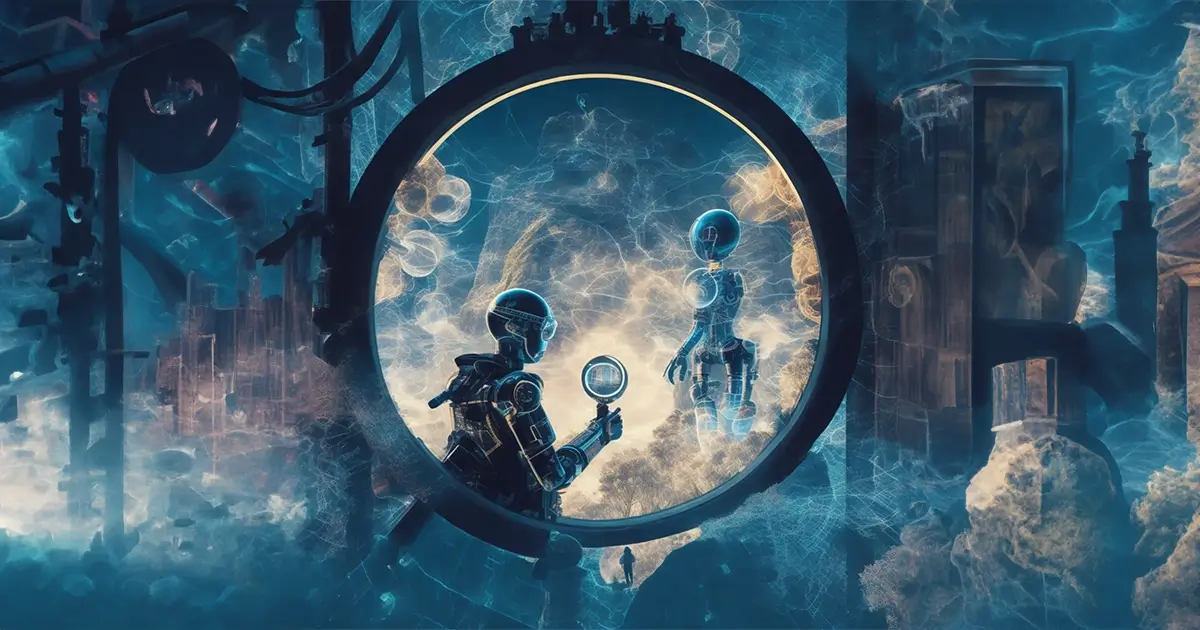Navigating Intellectual Due Diligence in Crowdfunding Amidst AI Evolution
The AI Conundrum in Crowdfunding
Artificial intelligence, particularly generative AI, has swiftly integrated into modern projects, producing everything from art to text and even music (Brown et al., 2020). With this technological growth, paralleling the broader trends of digital transformation and data-driven finance (Arvidsson, 2016), crowdfunding platforms are grappling with novel challenges around intellectual ownership, transparency, and accountability (Pasquale, 2015).
Generative AI tools like Stable Diffusion and ChatGPT, pull data from vast online repositories. However, in many scenarios, the original content creators find their contributions uncredited and uncompensated, raising ethical concerns (Bostrom & Yudkowsky, 2014). This has intensified the importance of robust intellectual due diligence in crowdfunding ventures (Agrawal, Catalini, & Goldfarb, 2015).
Why Intellectual Due Diligence Matters Now More Than Ever
The essence of crowdfunding, at its core, hinges on trust. Backers place their faith and funds in projects, expecting genuine and unique outputs . With the rise of AI-generated content, discerning human contribution from algorithmic output becomes increasingly complex. It's not just about assigning credit; it's about ensuring that project creators possess an in-depth knowledge of their initiatives, aligning with the concerns shared by experts regarding the future of professions in the wake of AI (Susskind & Susskind, 2015).
Crowdfunding platforms should ensure that when supporters finance a product, they're also investing in the creator's competence to maintain and enhance it. If a project's backbone is a mysterious AI model, such assurances become ambiguous.
Adapting to an AI-Centric Landscape
While not pointing fingers at any one platform, the broader trend in the crowdfunding community leans towards thorough vetting. Creators need to showcase comprehensive understanding of their projects, emphasizing both intellectual authenticity and the potential for long-term project sustainability.
Prominent platforms are leading the way by introducing rigorous policies. These demand projects harnessing AI for content creation to unveil significant details about their AI's role, content originality, and the intricacies of AI tool development, including data sources and consent mechanisms.
A Future Anchored in Transparency and Understanding
Navigating the intricacies of AI and intellectual due diligence might seem daunting, but it's an inevitable trajectory for the crowdfunding ecosystem. Platforms stand at a crossroads, balancing innovation with responsibility .
In the grand scheme, this evolution signals a future where the ethos of fundraising is rooted in transparency, deep understanding, and accountability. As AI continues to reshape industries, crowdfunding platforms will likely remain at the forefront, pioneering best practices and setting industry standards.
References:
Agrawal, A. K., Catalini, C., & Goldfarb, A. (2015). Crowdfunding: Geography, social networks, and the timing of investment decisions. Journal of Economics & Management Strategy, 24(2), 253-274.
Arvidsson, A. (2016). Facebook and finance: On the social logic of the derivative. Theory, Culture & Society, 33(6), 3-23.
Bostrom, N., & Yudkowsky, E. (2014). The ethics of artificial intelligence. Cambridge Handbook of Artificial Intelligence, 316-334.
Brown T., Mann B., Ryder N., Subbiah M., Kaplan J., Dhariwal P., Neelakantan A., Shyam P., Sastry G., Askell A., Agarwal S., Herbert-Voss A., Krueger G., Henighan T., Child R., Ramesh A., Ziegler D., Wu J., Winter C., Hesse C., Chen M., Sigler E., Litwin M., Gray S., Chess B., Clark J., Berner C., McCandlish S., Radford A., Sutskever I., & Amodei D. (2020). Language Models are Few-Shot Learners. OpenAI.
Pasquale, F. (2015). The black box society: The secret algorithms that control money and information. Harvard University Press.
Susskind, R., & Susskind, D. (2015). The future of the professions: How technology will transform the work of human experts. Oxford University Press.

